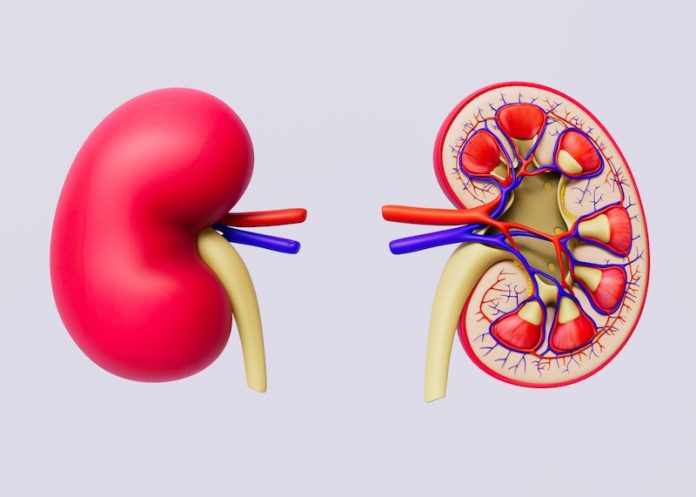
Kidney disease is a serious health concern, particularly for older adults. The condition often develops gradually, with few noticeable symptoms until it becomes advanced. As people age, their kidneys naturally lose some efficiency, making older adults more vulnerable to chronic kidney disease (CKD).
This progressive condition damages the kidneys, reducing their ability to filter waste and fluids from the blood, which can lead to various health problems if untreated.
One of the major challenges with CKD is its silent nature. Many symptoms are mild or mistaken for normal aging, delaying diagnosis and treatment. However, recognizing early warning signs and seeking medical advice can help slow the disease’s progression and improve quality of life.
How Aging Affects Kidney Function
The kidneys are vital organs that perform essential tasks like removing waste, controlling blood pressure, and producing hormones. Over time, their efficiency naturally decreases, and conditions like high blood pressure or diabetes can further harm them. This makes older adults more susceptible to CKD.
Understanding how age-related kidney changes occur is crucial for recognizing early signs of trouble.
Subtle Symptoms of Kidney Disease
CKD symptoms often develop slowly and may not be immediately obvious. However, there are specific signs that should not be ignored:
Changes in Urination
One of the first signs of kidney disease is a change in urination patterns. This could mean needing to urinate more often, especially at night, or noticing urine that is foamy or bubbly, a sign of protein leakage. Blood in the urine or reduced urine output, even with normal fluid intake, can also indicate kidney problems.
Swelling (Edema)
When kidneys aren’t functioning properly, fluid can build up in the body, causing swelling in the legs, ankles, feet, hands, or even the face. This swelling can be uncomfortable and is a sign that the kidneys are struggling to remove excess fluids.
Fatigue and Weakness
Healthy kidneys produce a hormone that helps the body make red blood cells, which carry oxygen. Damaged kidneys may not produce enough of this hormone, leading to anemia. This can cause extreme tiredness and general weakness.
Sleep Problems
Waste buildup in the blood, called uremia, can interfere with sleep. Additionally, kidney disease can cause conditions like sleep apnea or restless leg syndrome, further disrupting rest.
Nausea and Appetite Loss
Accumulated waste in the blood can lead to constant nausea or vomiting, making eating difficult. This may result in weight loss and malnutrition. A reduced sense of taste can also make food less appealing.
Cognitive Changes
Severe kidney disease can affect brain function, leading to difficulty concentrating, confusion, or personality changes. These symptoms are often mistaken for other aging-related conditions, but they could be linked to advanced CKD.
Dry, Itchy Skin
Imbalances in minerals and nutrients caused by poor kidney function can result in dry, itchy skin, a common symptom of advanced CKD.
The Importance of Regular Check-ups
Since CKD symptoms are often mild or overlap with those of other health issues, regular medical check-ups are essential for older adults. Blood and urine tests can provide important information about kidney health.
Early detection allows for treatments that can slow the disease’s progression, helping to preserve kidney function and reduce complications.
For many, lifestyle changes—such as controlling blood pressure, managing diabetes, maintaining a healthy diet, and staying hydrated—can significantly benefit kidney health. Medications may also be prescribed to support kidney function or address symptoms like anemia or swelling.
Taking Action
Recognizing the signs of kidney disease early can make a significant difference in managing the condition. Caregivers and older adults should pay close attention to changes in urination, energy levels, and overall health. If unusual symptoms appear, consulting a doctor for further evaluation is crucial.
While CKD can be a serious and progressive condition, early intervention and proper care can improve quality of life and help maintain kidney function for as long as possible. Staying proactive about kidney health is key to ensuring better outcomes for older adults.
If you care about kidney health, please read studies about how to protect your kidneys from diabetes, and drinking coffee could help reduce risk of kidney injury.
For more information about kidney health, please see recent studies about foods that may prevent recurrence of kidney stones, and eating nuts linked to lower risk of chronic kidney disease and death.
Copyright © 2025 Knowridge Science Report. All rights reserved.



